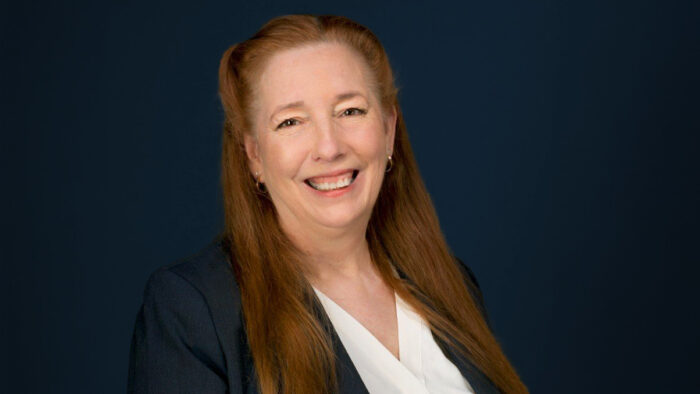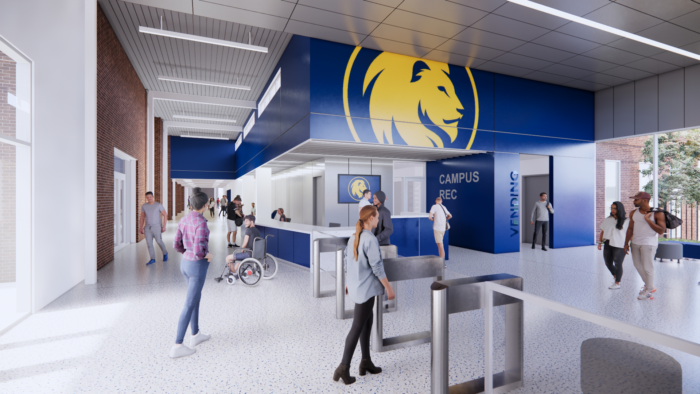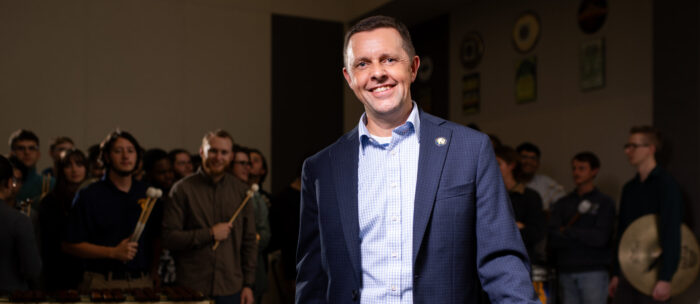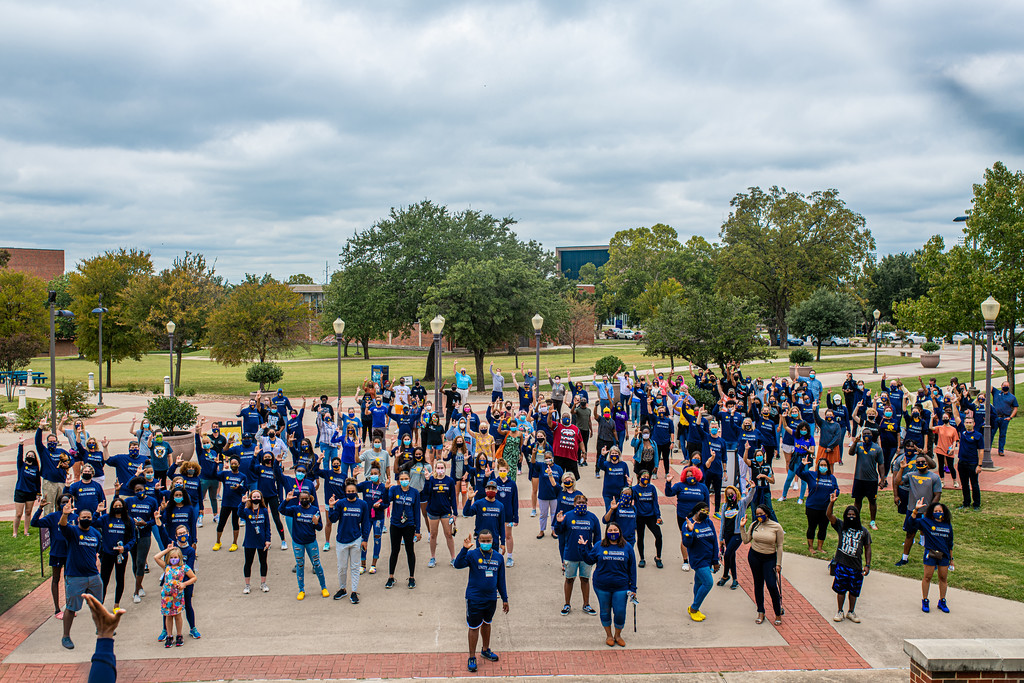A&M-Commerce Introduces New Cultural Competency Course
Cultural competency among students, faculty and staff is a top priority for University President Mark Rudin.
This spring, A&M-Commerce launched its first offering of a new cultural competency course, which garnered a lot of interest from students and university employees.
“When I look at who we are and our efforts to advance our status as a nationally recognized university, I see cultural competency among our students, faculty and staff as an important piece of our progress,” Rudin said.
After multiple discussions with Rudin, Dr. LaVelle Hendricks, professor in the Department of Counseling, developed the course curriculum based on his years of experience teaching several multicultural graduate courses.
Hendricks said the course helps participants better understand other cultures and appreciate their differences. However, he cautions, “It's important to recognize that becoming culturally competent is a lifelong process.”
He claims, while most people see cultural competency through the lens of race or ethnicity, the topic is actually multifaceted, including socioeconomic status, cultural food traditions, sexual orientation and religious persuasion. “And we're going to cover all of that during the 14-15 weeks of this class,” Hendricks said.
Hendricks also presents guest lecturers—including Sandy Patton, director of Disability Services; Dr. Edith Gonzalez, professor of counseling and race relations expert; and Dr. Kriss Kemp-Graham, professor of educational leadership and cultural competency expert—to bring awareness to cultural subsets.
Roughly 160 students, faculty and staff are enrolled in the course.
“I like the fact that we are constantly touching multiple, key figures on campus,” Hendricks said. “When decisions are being made that impact students with cultural variables involved, administrators will now understand that it's important to have people from a variety of cultures at the table.”
Each Tuesday and Thursday, 24 students meet in the university auditorium while observing safe social distancing. The sessions are recorded and streamed live to the remaining 137 employees and students registered for the course through myLeo online.
For Hendricks, who is accustomed to engaging with students interactively, teaching the class under COVID-19 precautions is an adjustment. “It is a challenge for me to be highly interactive, to hear their comments,” Hendricks remarked.
Nonetheless, he said the class is building a foundation for post-pandemic success. He would like for more university employees and students at all levels to take the course in the future.
He reports the class is already having a significant impact on students. “It's an eye-opening experience for participants,” Hendricks said. “I applaud our students and employees who are taking this course.”
Hendricks envisions the course benefiting more than just the university community. He foresees various businesses, partnering school districts and even athletic organizations sending their employees to A&M-Commerce to learn about cultural competency.
“One of the things that I really want to do with this course is move it toward the level that A&M-Commerce is recognized as a hub for cultural competency education,” Hendricks said. “We want this news to spread all over the greater Dallas area, throughout the great state of Texas and the United States as a whole.”
Hendricks added: “We're preparing the next generation to influence positive change, to embrace and celebrate the cultural differences we see all around us.”
More Press Release
View All Press Release
Dr. Nancy Albers Named Dean of the College of Business at East Texas A&M University
Dr. Albers is poised to build on the College of Business’s tradition of excellence.

Morris Recreation Center Prepares for Transformative Expansion
The expansion reflects Campus Recreation’s ongoing commitment to serving the university population and the surrounding community.

ETAMU Music Faculty Named A&M System Regents Professor
Dr. Brian Zator, East Texas A&M University professor of music and percussion director, was recently named a Texas A&M University System Regents Professor for the 2023-24 fiscal year.



